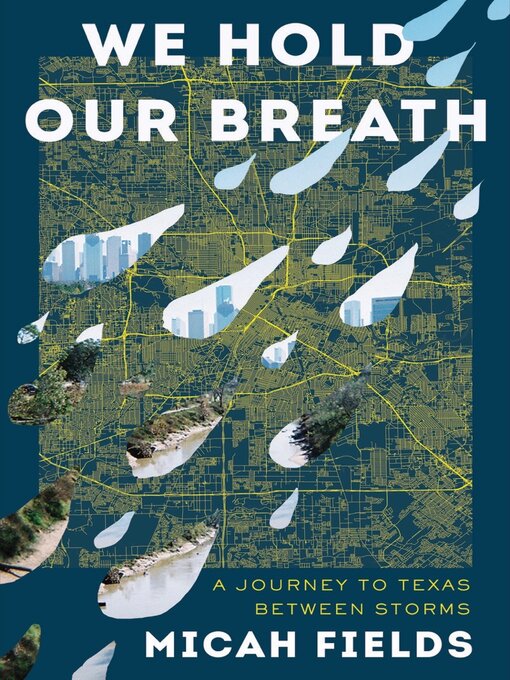Houston's story has always been one of war waged relentlessly against water.
"Houston spread like a glass of milk spilled on the wobbling table of Texan plains," Micah Fields writes in this unique and poetic blend of reportage, history, and memoir. Developed as the commercial hub of the Texas cotton and sugarcane industries, Houston was designed for profit, not stability. Its first residents razed swamplands into submission to construct a maze of highways and suburbs, giving the city a sprawling, centerless energy where feral cats, alligators, and poisonous snakes flourished in the bayous as storms and floods rattled coastal Texas.
When Hurricane Harvey made landfall in 2017, Fields set off from his home in Iowa back to the battered city of his childhood to rescue his mother who was hell-bent on staying no matter how many feet of rain surged in from the Gulf. Along the way, he traded a Jeep for a small boat and floated among the storm's detritus in search of solid ground. With precision and eloquence, Fields tracks the devastation of Hurricane Harvey, one storm in a long lineage that threatens the fourth largest city in America.
Fields depicts the history of Houston with reverence and lyrical certainty, investigating the conflicting facets of Texan identity that are as resilient as they are catastrophic, steeped in racial subjugation, environmental collapse, and capitalist greed. He writes of the development of the modern city in the wake of the destruction of Galveston in 1900; of the wealthy Menil family and self-taught abstract painter Forrest Bess, a queer artist and fisherman born in 1911 who hardly ever left the Gulf Coast; of the oil booms and busts that shaped the city; of the unchecked lust for growth that makes Houston so expressive of the American dream.
We Hold Our Breath is a portrait of a city that exists despite it all, a city whose story has always been one of war waged relentlessly against water.


